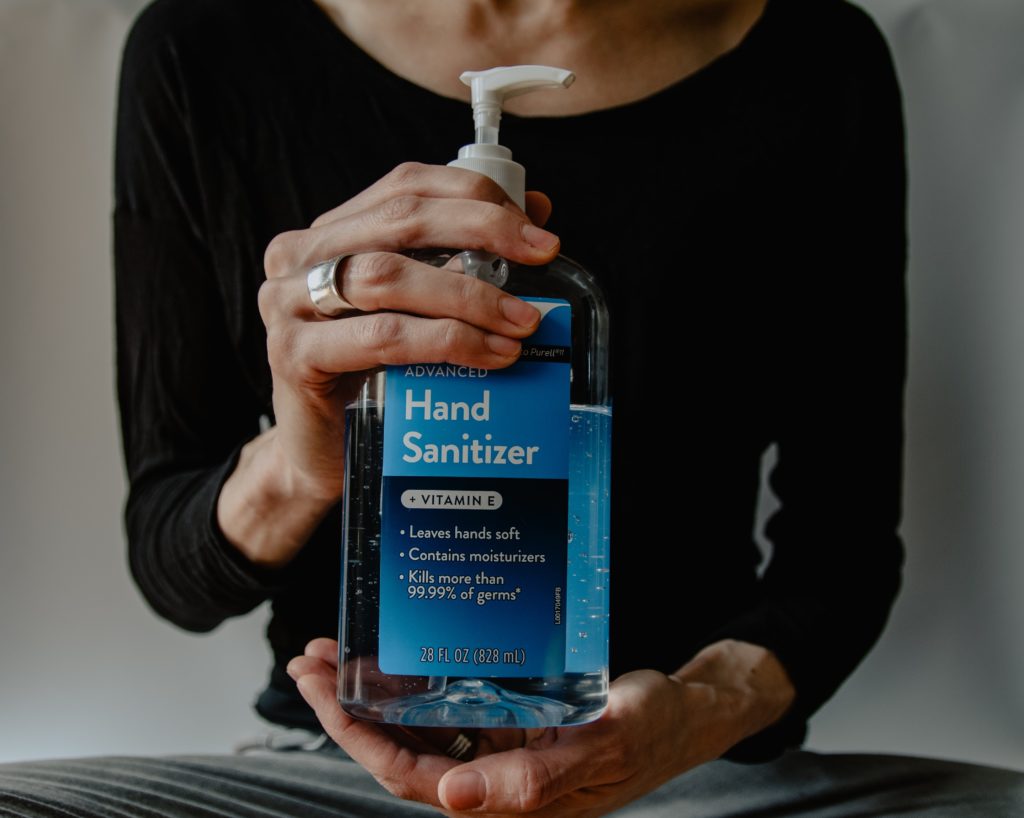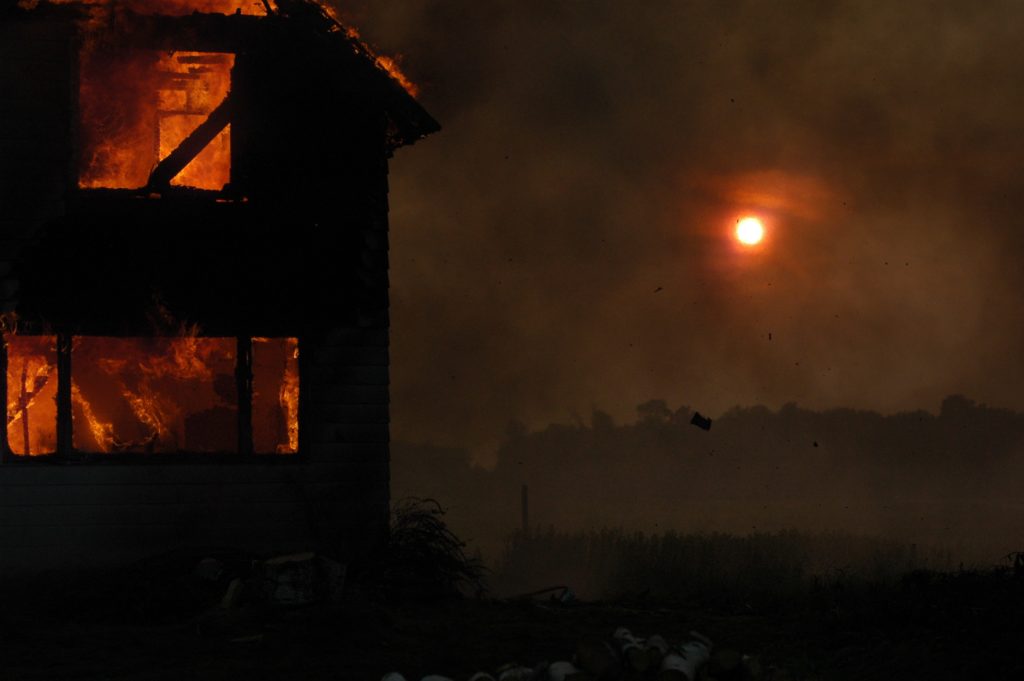Okay, this might be a bit morbid for some who do not like to think about the physical aspects and aftermath of death, but it is something most of us will face. Unfortunately, the current world pandemic started my thoughts spinning through, “If This Goes On…” (a Heinlein title) processes. So here we are.

Remember Monty Python and the Holy Grail’s “bring out your dead” scene? It has been playing over and over in my mind for the last three weeks since Dr. Hannah Marcus’s recent opinion piece in the NYT, What the Plague Can Teach Us About the Corona Virus featured a painting “Bring Out Your Dead,” which is an illustration from the 1600s of a street during the Great Plague in London.
We are not so far removed.
My husband keeps asking no one in particular, “Doesn’t anybody realize that the National Guard have been called out to quell riots and deal with dead bodies?” Let me tell you, it is a real blast socially isolating with him.
No matter how you frame disease, as wrath of one Deity or another, as a demographic and political problem, or as a scourge we just have to face, we are in the early phase of a pandemic disease. We may not be able to continue to push death to the edges of our awareness any longer. When the hospitals are over-crowded and those gravely ill and in need of specialized medical technology cannot access it, people who are ill cannot be treated, will probably die at home. How will our society cope with this new proximity with death?
We cannot predict exactly what will happen and how families will mourn and remember when the funeral industry cannot handle the numbers of families expecting their services. New rituals and remembrance practices will emerge.
My parents were older, in their 40s, when I was born, and we were from a small agricultural community that maintained many practices from previous generations. My family stopped at cemeteries when we traveled and visited the graves of earlier generations of family. Sometimes there were several headstones showing tight clusters of death dates within the same family. On one such drive my father pointed out an overgrown area with a trace of a lane leading back to it, and said, “A whole family died from the same disease within a few days of each other. People from the community came and set fire to the place after the last one died.”

They were afraid of the illness spreading from the house. This was around the time of the 1918 influenza epidemic in a small but prosperous burg in the Wabash Valley. When we hear of villagers burning residences to stop the spread of disease we tend to think of huts rather than homes and in some distant land rather than in the heartland of the U.S. but we are wrong, I am only one generation away from these acts. Our modernity is a thin veneer.
Different layers of culture remember and ritualize events differently. Children’s culture that passes laterally from child to child, excluding adults, and may well retain references to previous events, but alas, if you were waiting for me to recount the “Ring Around The Rosie is related to the plague” fact, you will have to wait a long while. There is no evidence to support this notion as Stephen Winick’s post on the Library of Congress Blog explains.
Some folks even go so far as to say that the Black Death, or the Bubonic Plague, brought about a “pop cultural” fascination and personification of death via the Grim Reaper new and apart from previous religiously grounded artistic depictions of death.
Our modern urban culture obviously eschews dealing with death and grieving. I have thought a good deal about this as I live in the town where communal grieving has blossomed into Tucson’s All Souls Procession which was partially influenced by, but is distinct from, the Day of the Dead rituals of Latin America. The growth of the Procession rom a few friends of one grieving artist in 1990 to over 150,000 participants shows the unmet need for the acknowledgement and public demonstration of grief in contemporary culture.
I would even go so far as to say that the recent cultural fixation on Zombies (a la Walking Dead) may reflect something about how our society is not dealing with full circles of life and death.
Actually the CDC tried to warn us and help us prepare with their info on Zombies and Pandemics. Their materials are timely reads.
Unfortunately, I think we may be in for a shock in the next few months, but then we will have new attitudes and understanding emerge.
Always, our modernity is a thin veneer. Right beneath is a person completely capable of reacting in ignorance.
Thank you for this, Nancy. Knowledge IS that thin veneer.
And how important it is!
Thank you Diane for taking away this as the point. We want to be strong. We want to be positive. But recognizing our fragility is important for knowing who and where we are.
I can’t watch The Walking Dead right now. Good thing it had jumped the shark anyway. Your husband sounds like mine. Good thing we have wine!
Maybe the wine is the reason I see all these equivalences! Alcohol definitely helps me deal with the Hubster!